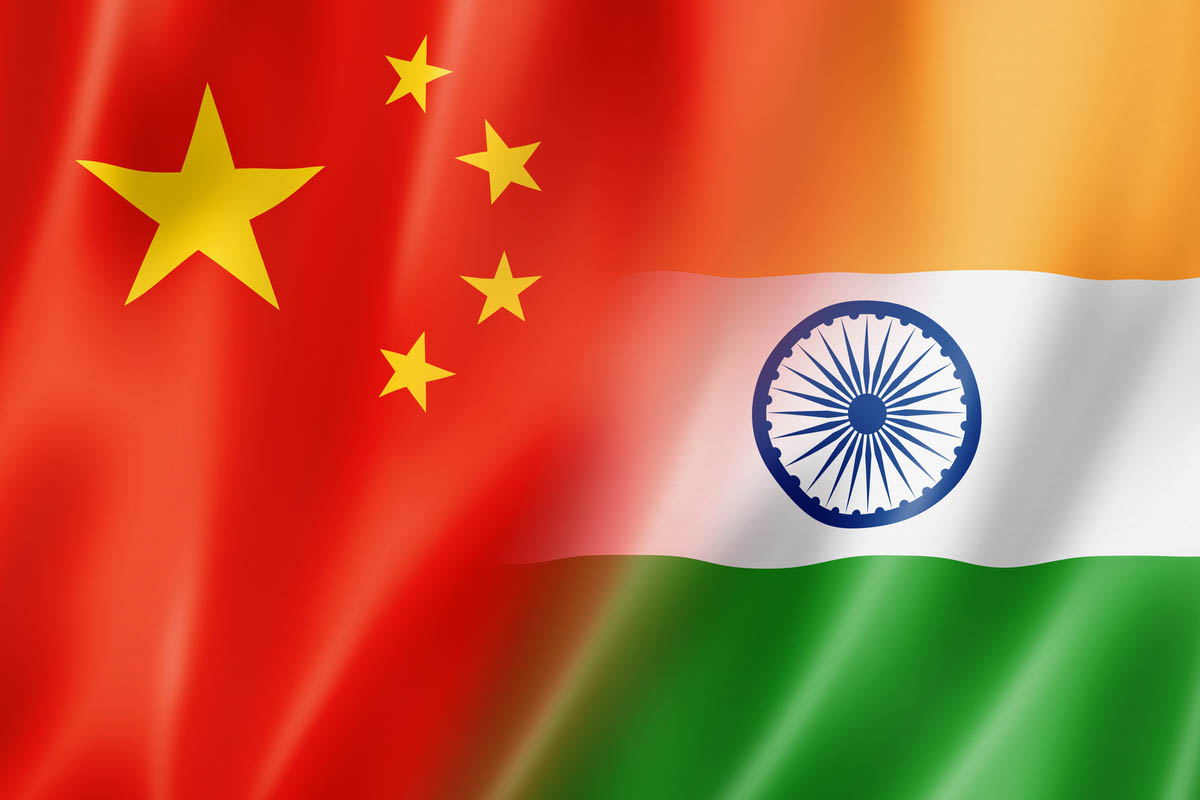Against the backdrop of escalating tensions between India and China, Australia has pledged closer cooperation with New Delhi in shaping a new global order through the G-11 grouping, proposed by US President Donald Trump, and enhanced coordination among like-minded democracies in the Quad.
“Australia wishes to work more closely with India in shaping the multilateral system, including through any involvement in what might be an expanded G-11,” said Australian High Commissioner to India Barry O’Farrell at an international; webinar themed “From G-7 to G-11: Unscrambling post-COVID Geopolitical Alphabet”.
The Australian envoy conveyed strong support for India’s candidacy for a permanent seat in the UN Security Council and India-led global institutions such as the International Solar Alliance and Coalition of Disaster Resilient Infrastructure. “It’s vital that like-minded democracies uphold the fundamental democratic values in the multilateral system and work together including through the Quad and expanded G-7 and other ad hoc multilateral groupings,” he said.
Speaking nearly a month after the first India-Australia virtual summit, he talked about “this new and exciting phase of the Australia-India relationship.’’ This new phase was best described as being characterised by the four Ds: Democracy, Defence, Diaspora where one in fifty Australians are of Indian origin and Dosti, what we Australians call mateship but with a particular emphasis in this discussion on the democracy element,” he said.
The webinar, moderated by Manish Chand, Editor-in-Chief, India Writes Network and India and the World, featured some of the prominent figures in the world of foreign policy and strategic India. Besides the Australian envoy, the speakers included former Foreign Secretary Kanwal Sibal, former US Ambassador to India Richard Verma, Anil Wadhwa, India’s former ambassador to Italy and Thailand; and Gautam Bambawale, India’s former ambassador to China, Pakistan and Bhutan.
In his remarks Verma underscored that it was high time that India was “given a seat in the high table” and a permanent seat in the UN Security Council. Sibal suggested that the Quad comprising the US, Japan, India and Australia be raised to the summit level. “The Quad has been raised to ministerial level. I would recommend that we raise it also to summit level which probably will happen,” he said. Sibal, however, cautioned that the stability of India-China ties was absolutely essential for groupings like BRICS and SCO or the RIC dialogue to retain their credibility.
“The G-11 will prove to be useful for countering China’s assertiveness and for advancing India’s global aspirations,” said Bambawale.











